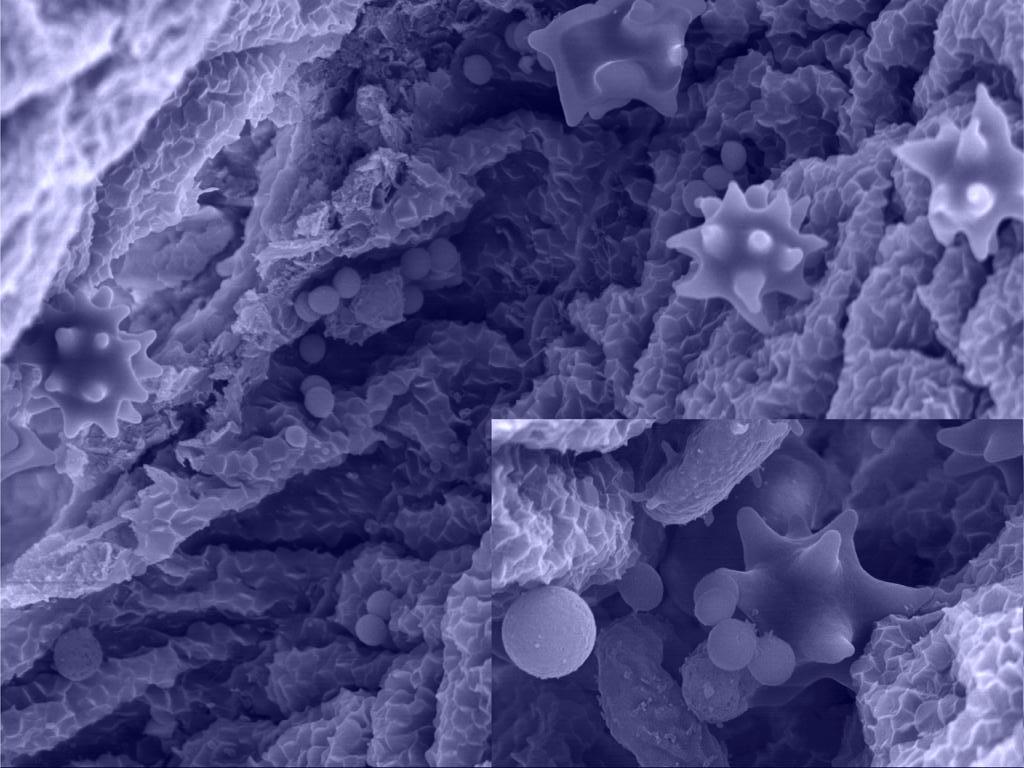News release
From:
Streptococcus, a bacterium that causes painful human urinary tract infections can generate new DNA using human urine, researchers at Griffith University have found.
Dr Matthew Sullivan and colleagues from the School of Medical Science discovered the bacterium, which often infects healthy humans, has specialised to make the chemical building blocks for its own DNA with important ramifications for its capacity to cause infection and disease.
In the study, published in the International Society of Microbial Ecology (ISME) Journal, the researchers carved out particular pieces of the bacteria’s genome to show that a specialised gene in the bacterium allows it to exploit natural chemicals found in urine as a way to produce new DNA.
“Some people may know that DNA is made up of 4 different chemical building blocks, often termed ‘A’, ‘C’, ‘T’ and ‘G’. It’s long been known how our cells make DNA, which carries the recipe for life in an encoded message,’’ Dr Sullivan said.
“This new DNA is required by the bacteria to grow and reproduce, and thus, is essential to the process of microbial infection within the human body. It’s basically a survival strategy to colonise the urine, an environment that not many organisms can live in.
“Bacteria can scavenge for chemicals in order to make DNA, but our paper highlights that Streptococcus has the ability to synthesise its own precursors to DNA.
“It seems to be a common strategy among species of bacteria that make up the microbiome of the urine.”
Dr Sullivan said understanding how bacteria such as Streptococcus and other microbes in the human microbiome can make new DNA from molecules in the body was an important step in identifying new ways to control microbial growth.
“Research like this gives us new opportunities to develop alternative treatments in a world with increasing antibiotic resistance due to overuse of existing medicines. For example, we could target this pathway in efforts to design new drugs to prevent infection.
“Overall, the study illuminates the importance of fundamental discoveries that help us perceive how microorganisms interact with humans."



 Australia; QLD
Australia; QLD



